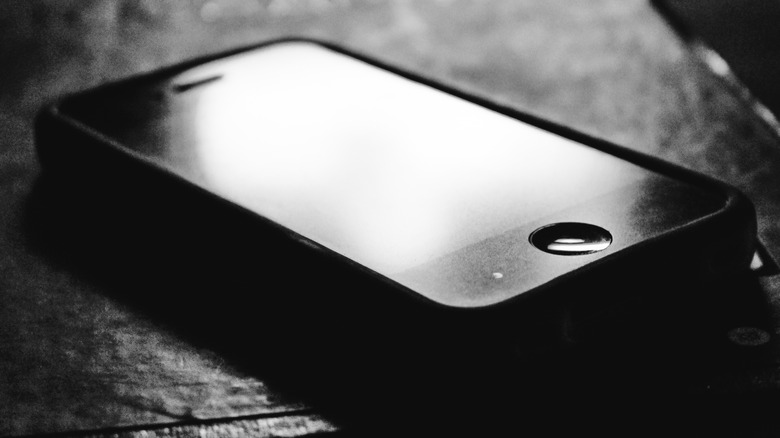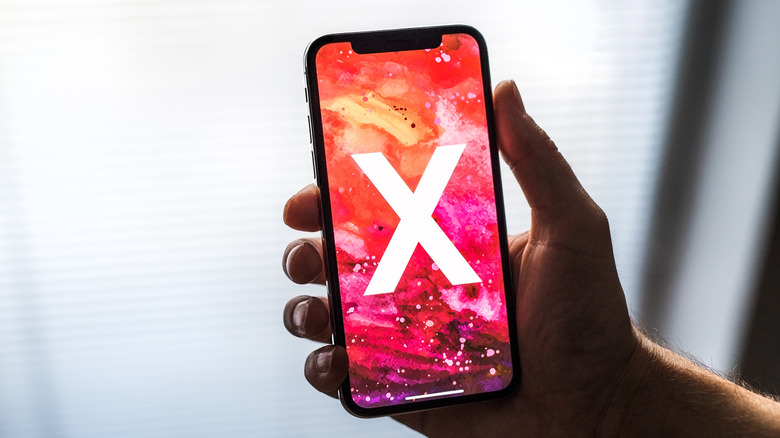The Reason Why Apple Never Made The iPhone 9
Just when many thought Apple would release the iPhone 9 at some point, it never did, but was it deliberate, or was the unreleased phone simply a victim of circumstance? In 2017, Apple released the iPhone 8 as the "new generation of iPhone." A year later, we speculated that the iPhone 9 could be en route as a sort of upgraded 8S variant. It made a lot of sense given Apple already made higher-spec'd S variants or budget models like the iPhone SE. There was plenty of room for the iPhone 9 to help fill the sequential gap between the iPhone 8 and X, and hints of its existence unearthed in leaks only helped strengthen the case of its eventual release.
What succeeded the iPhone X, however, came in the form of yet another non-sequential phone name — the iPhone XR and XS released in 2018 — adding more to the confusion in the process. In fact, longtime Apple marketing executive Phil Schiller told Engadget that Apple doesn't exactly use those letters to stand for anything in particular. Instead, Schiller personally likened the letters R and S to sports cars and going fast. So, did Apple simply have a thing for the letter X, or did they just take a page out of Microsoft's book and jump straight to 10? Well, let's just say it might have a lot to do with timing.
iPhone X marks the spot
The iPhone 8's release year also happened to be the Apple iPhone's 10th anniversary, and it was only fitting for the iPhone X to serve as a means to commemorate just that. The iPhone X was presented as the "future of the smartphone" (via Apple). When it was first unveiled, it showcased looks and features never before seen in the lineup. Of course, this created quite a technological gap between the iPhone X and iPhone 8, especially since both were released in the same year. The thing is, the two weren't exactly meant to close the distance in the first place. Apple CEO Tim Cook previously expressed that the iPhone X was "not replacing something that existed" as it had "no predecessor product" (via CNBC).
Cook explained that he merely didn't want customers to feel cheated if they announced a better variant shortly after the iPhone 8, so it was "important" for Apple to introduce both phones at the same time. In the end, the iPhone X marked a milestone for Apple, while at the same time, also giving a sneak peek at what was to come. As for the iPhone 9, well, apparently Apple had already moved on numerically with its latest flagship, and re-introducing it as something new years after the fact would likely only confuse consumers. For now, perhaps it's best for it to remain as the iPhone that got away.

